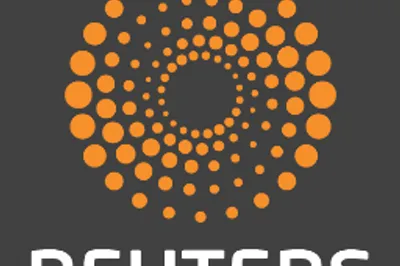Bank workers will protest to form their first US union — and the whole world is watching

The U.S. bank workers have three demands. The first is greater wages and greater share of the profits, and the second is stable, full-time jobs. Crisp uniforms and polished storefronts aside, bank tellers are solidly low-wage employees — and wages have only taken a downturn over the past decade; as of May 2015, the median annual wage for a bank teller was $26,410.
The third demand isn't just about protecting workers or shoring up their jobs — it's about stopping predatory banking practices that pit bank workers against their own communities.
When it comes to consumer banking's more devious practices, likehawking off high-interest loans or subprime auto loans, it's the salespeople and tellers who end up convincing hapless customers to sign on. The pressure on bank salespeople comes in the form of overbearing quotas and benchmarks that they have to meet for fear of losing their jobs. Santander workers wishing to remain anonymous told Mic that this can even mean hourly quotas that don't give salespeople adequate time to explain the fundamental terms of the loans. The victims are often people of color and neighbors in their communities.
So that third demand for the bank workers is an end to the overbearing quotas that perpetuate these exploitative tactics.
The Latest Predatory Banking Practice You Haven’t Heard About: Auto Loans
Bank workers will protest to form their first US union — and the whole world is watching
Santander U.S. mortgage data shows racial, economic discrimination: group



